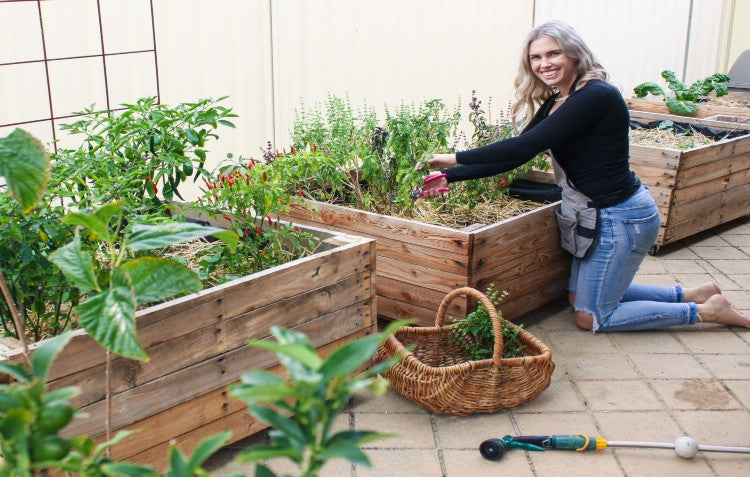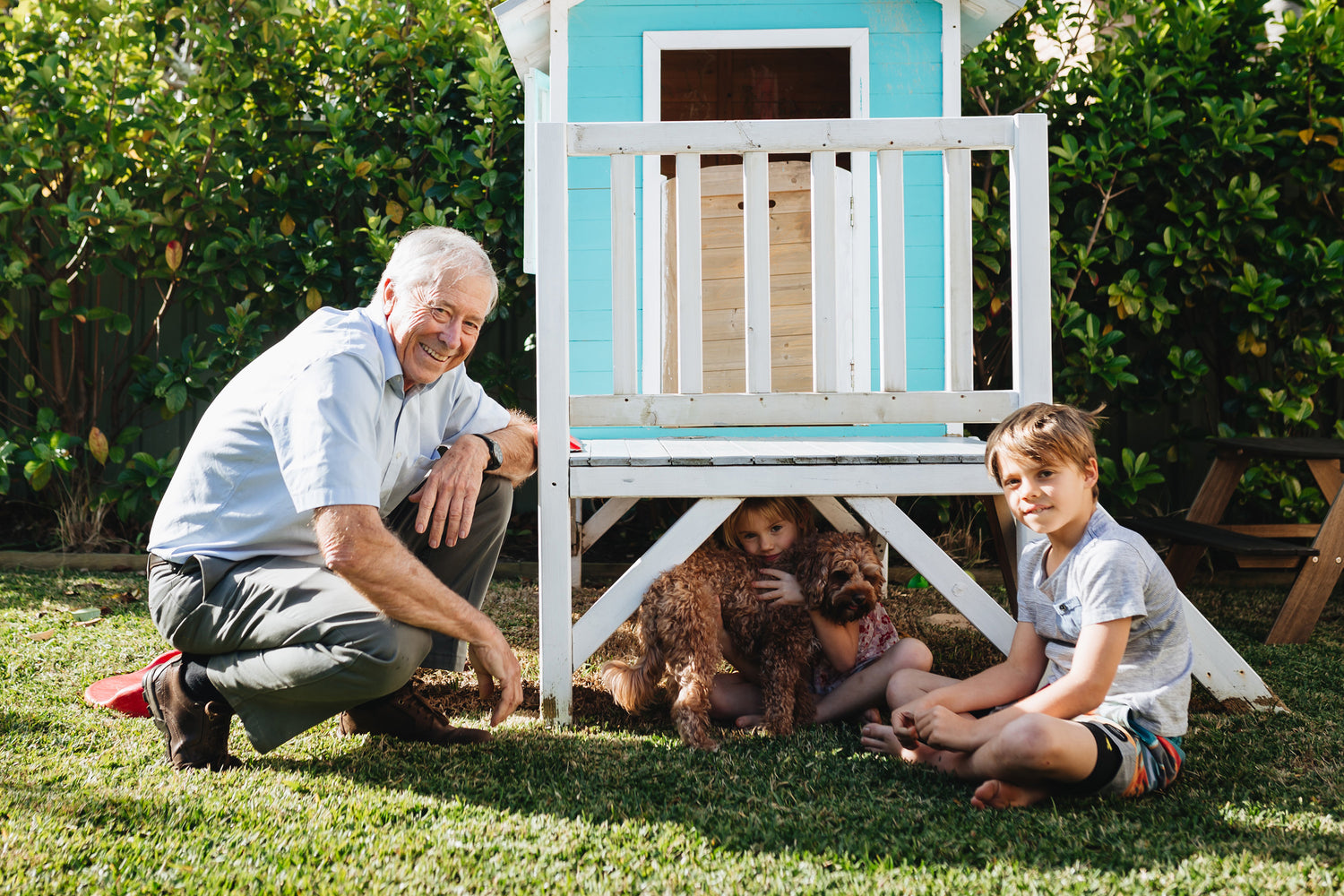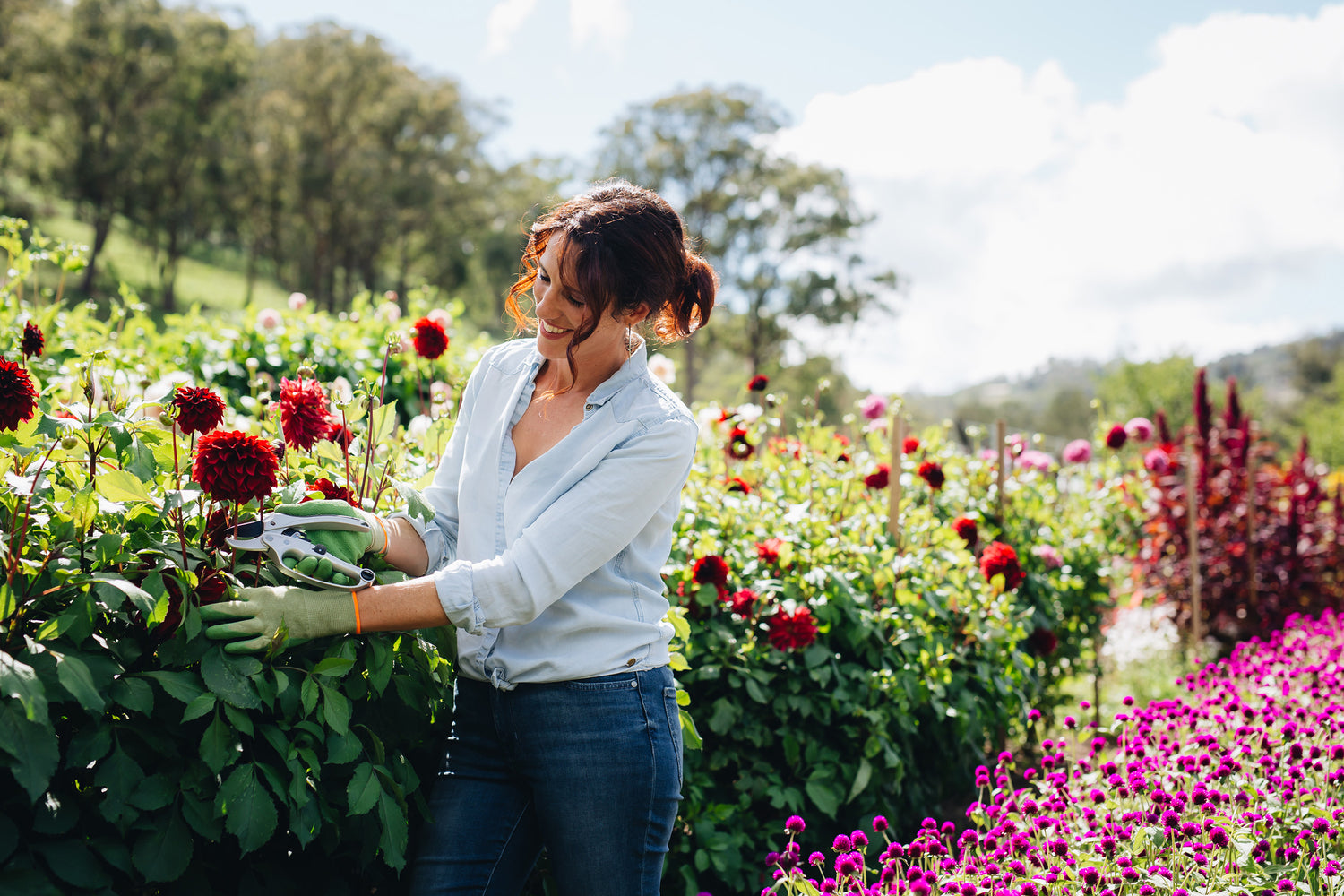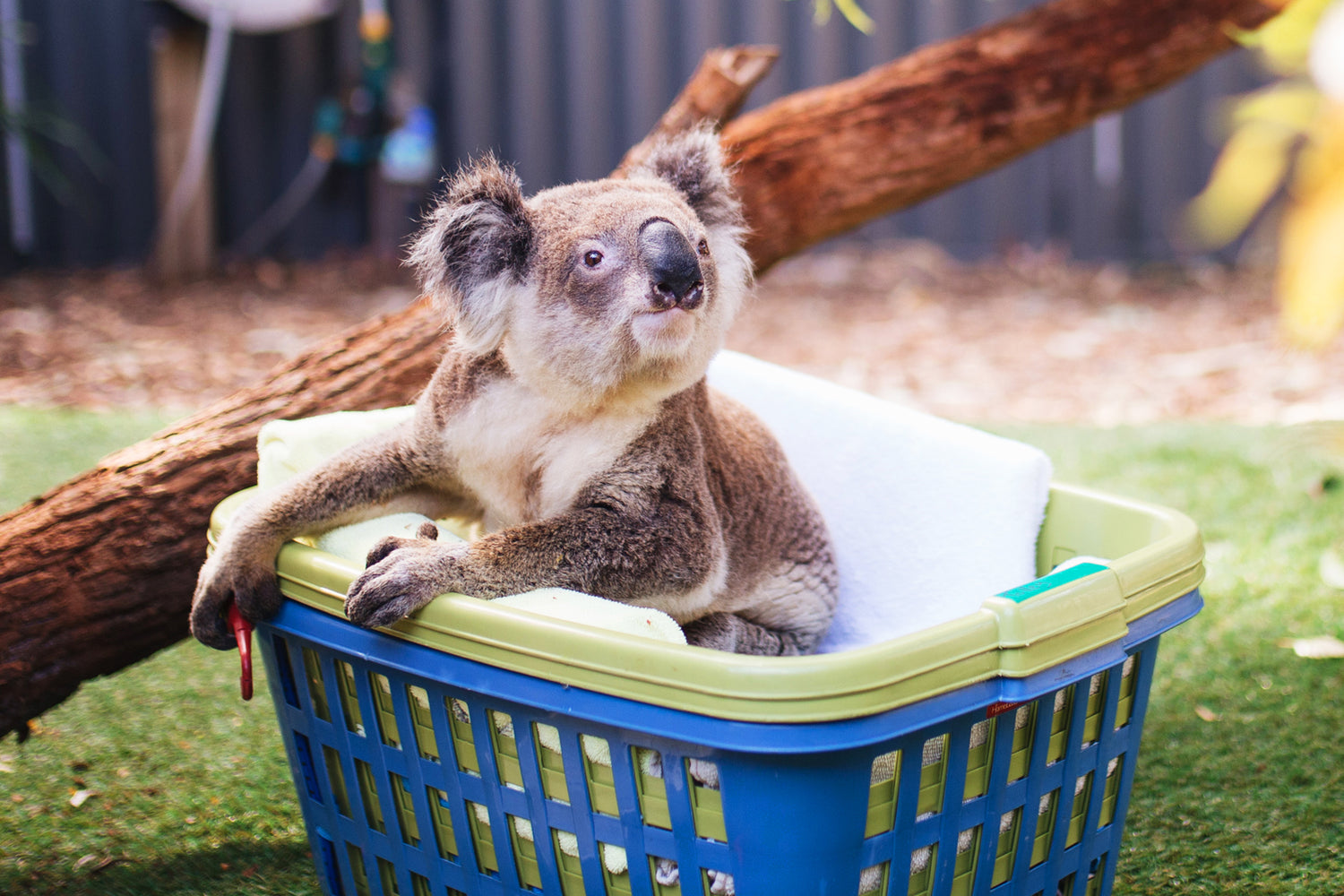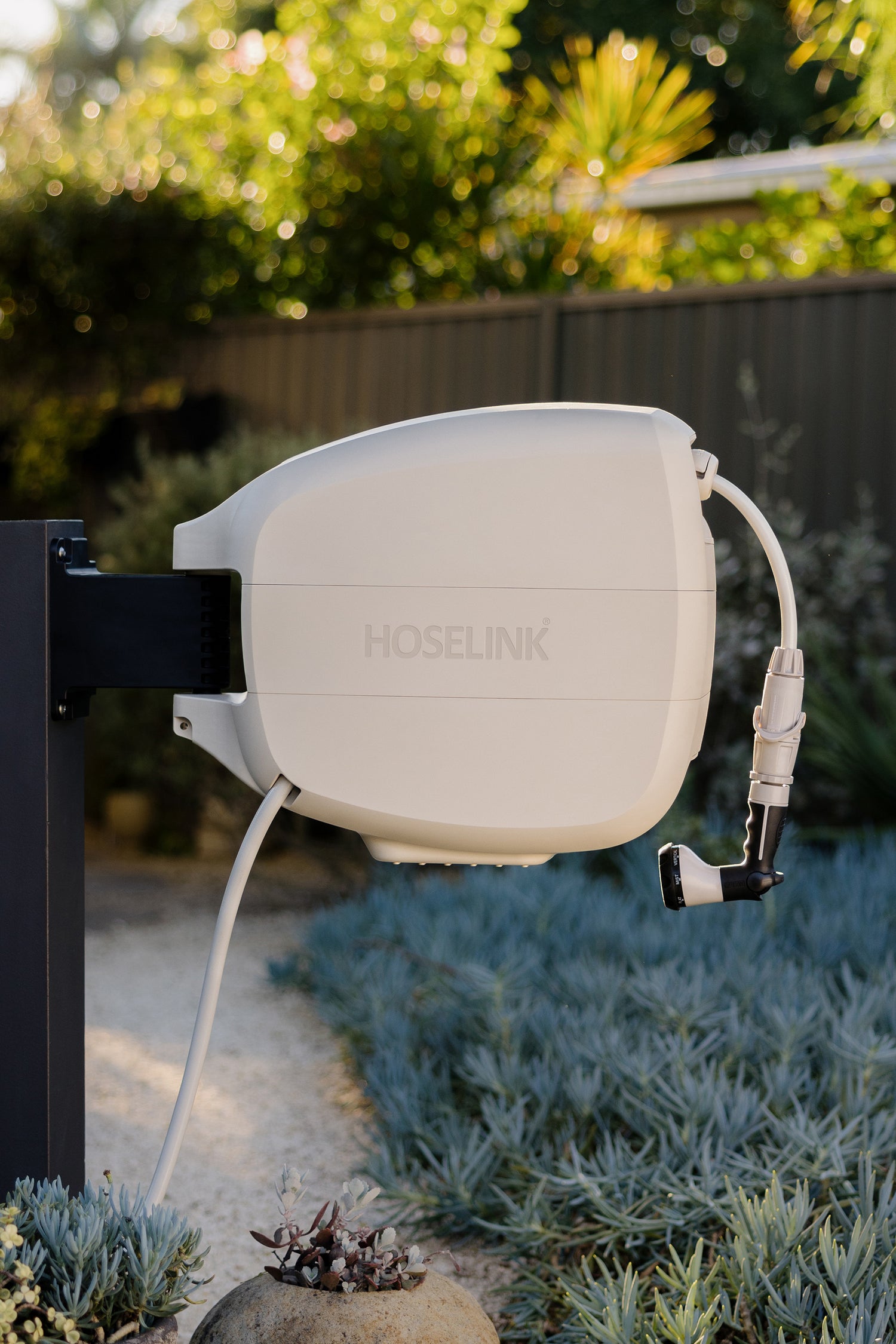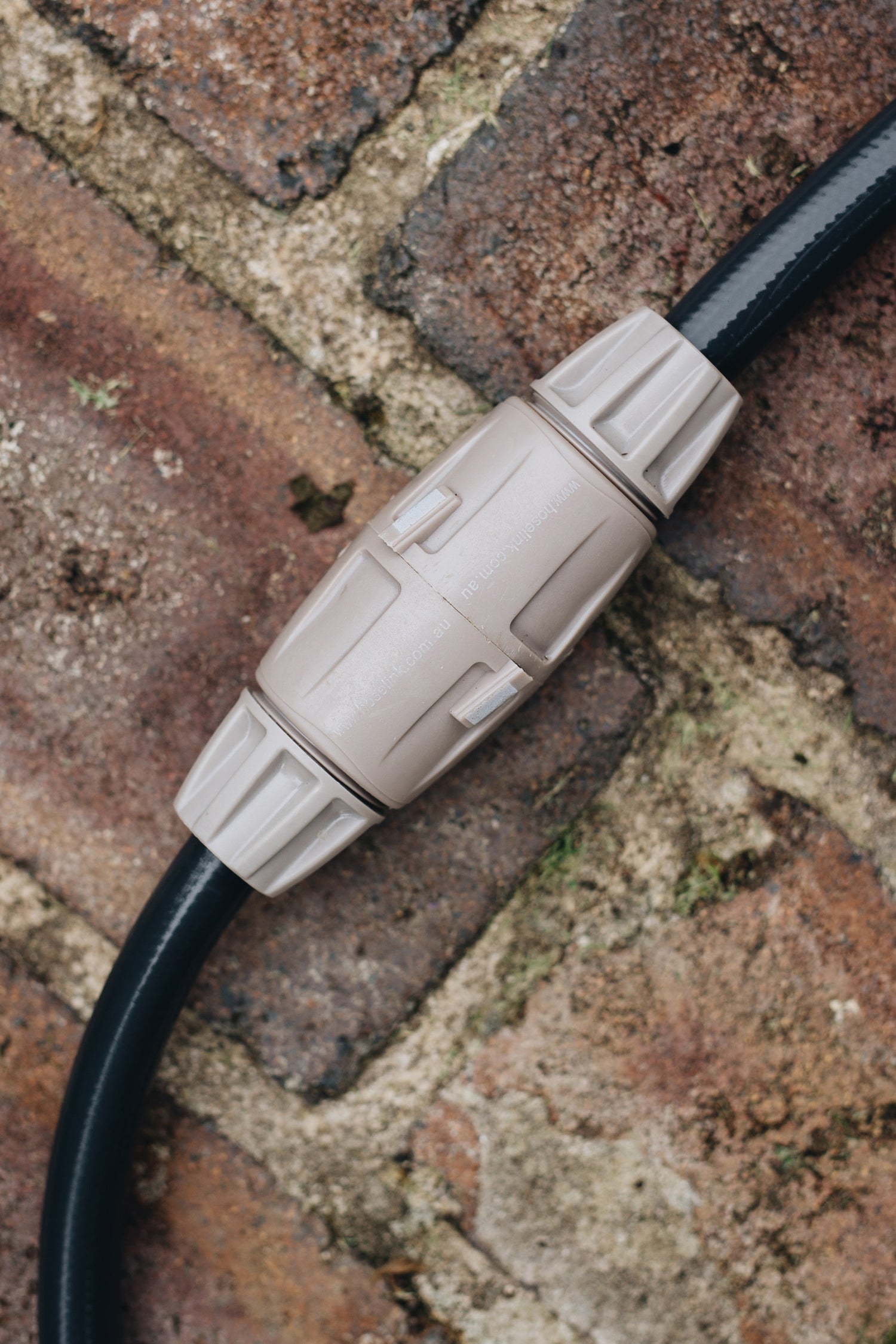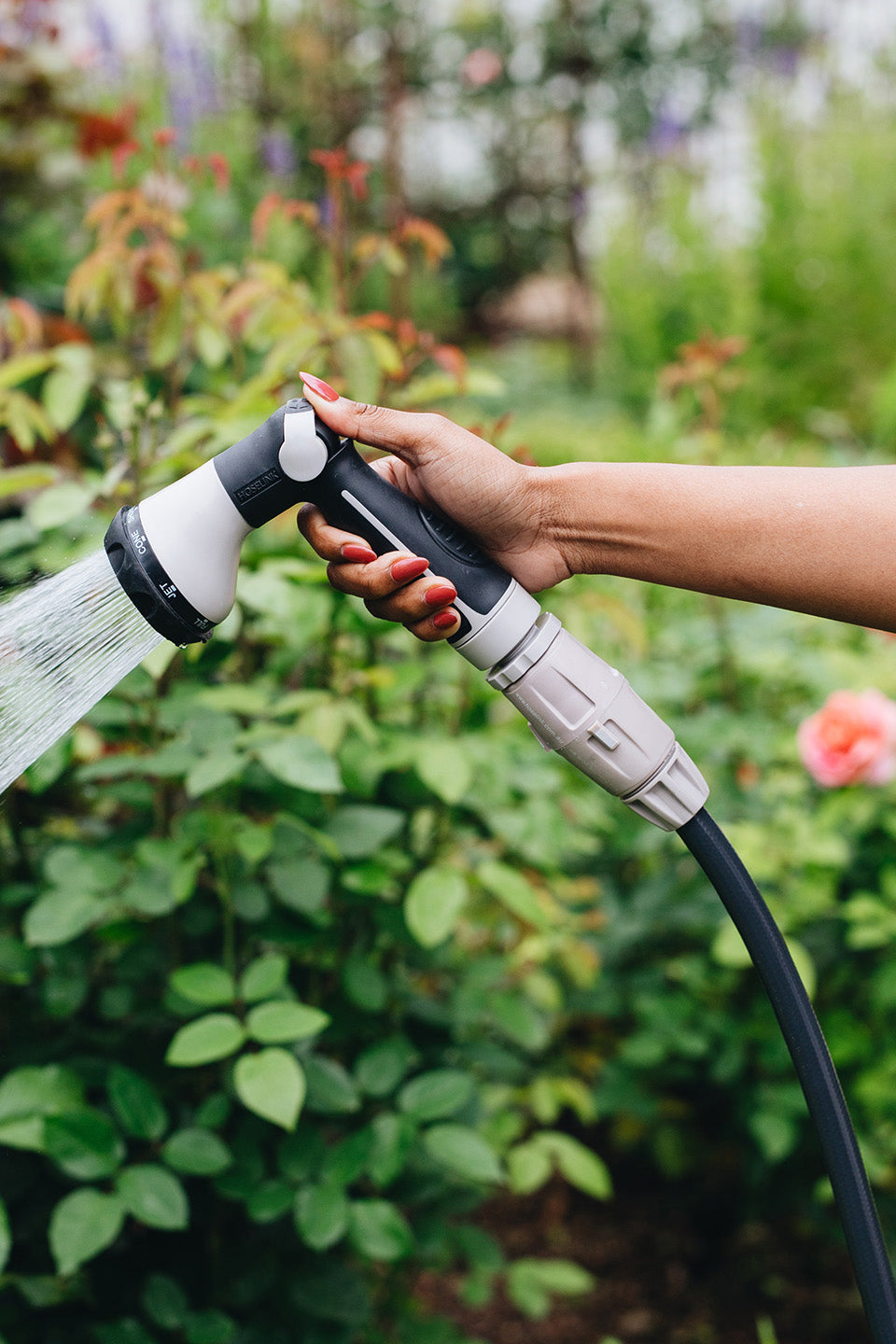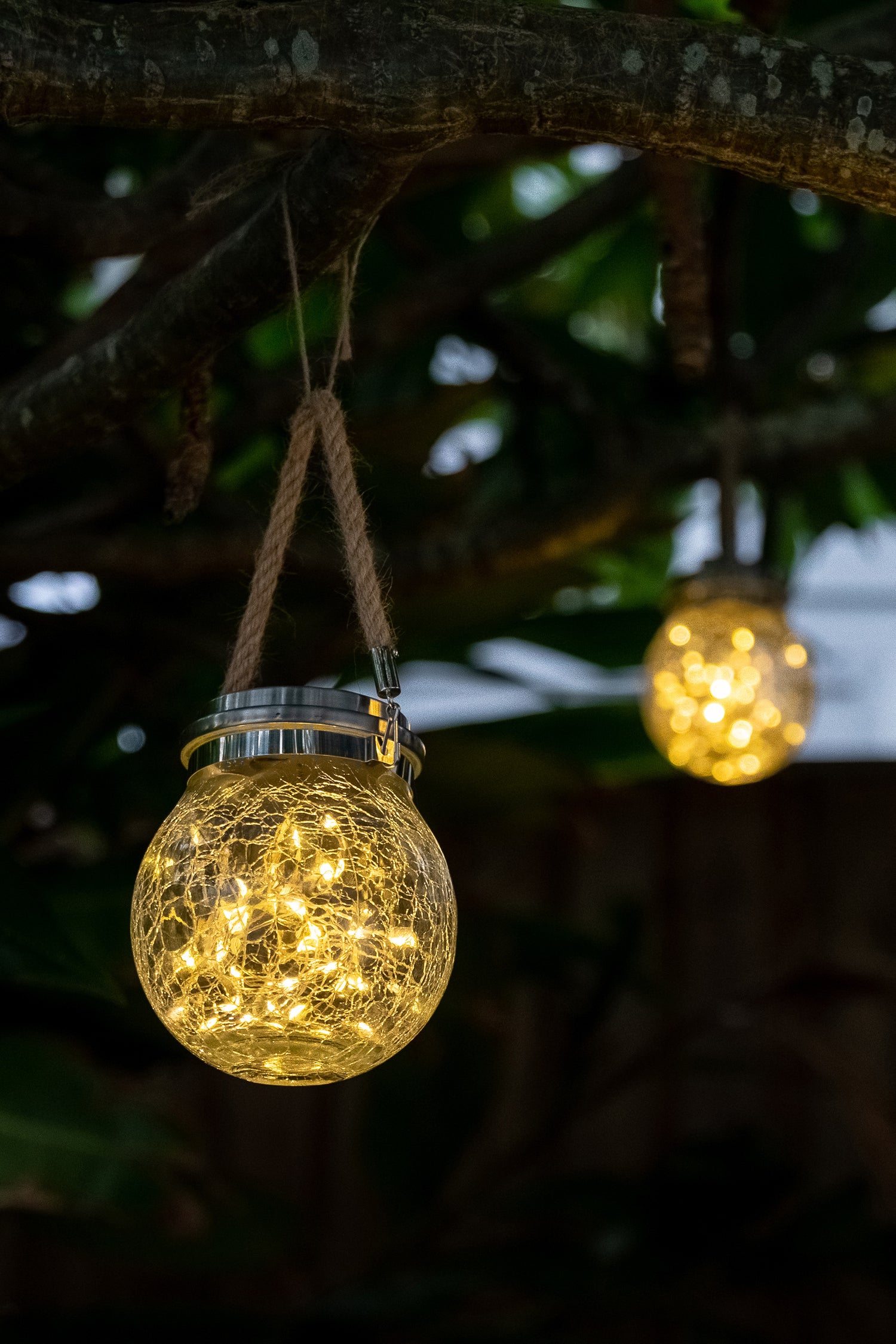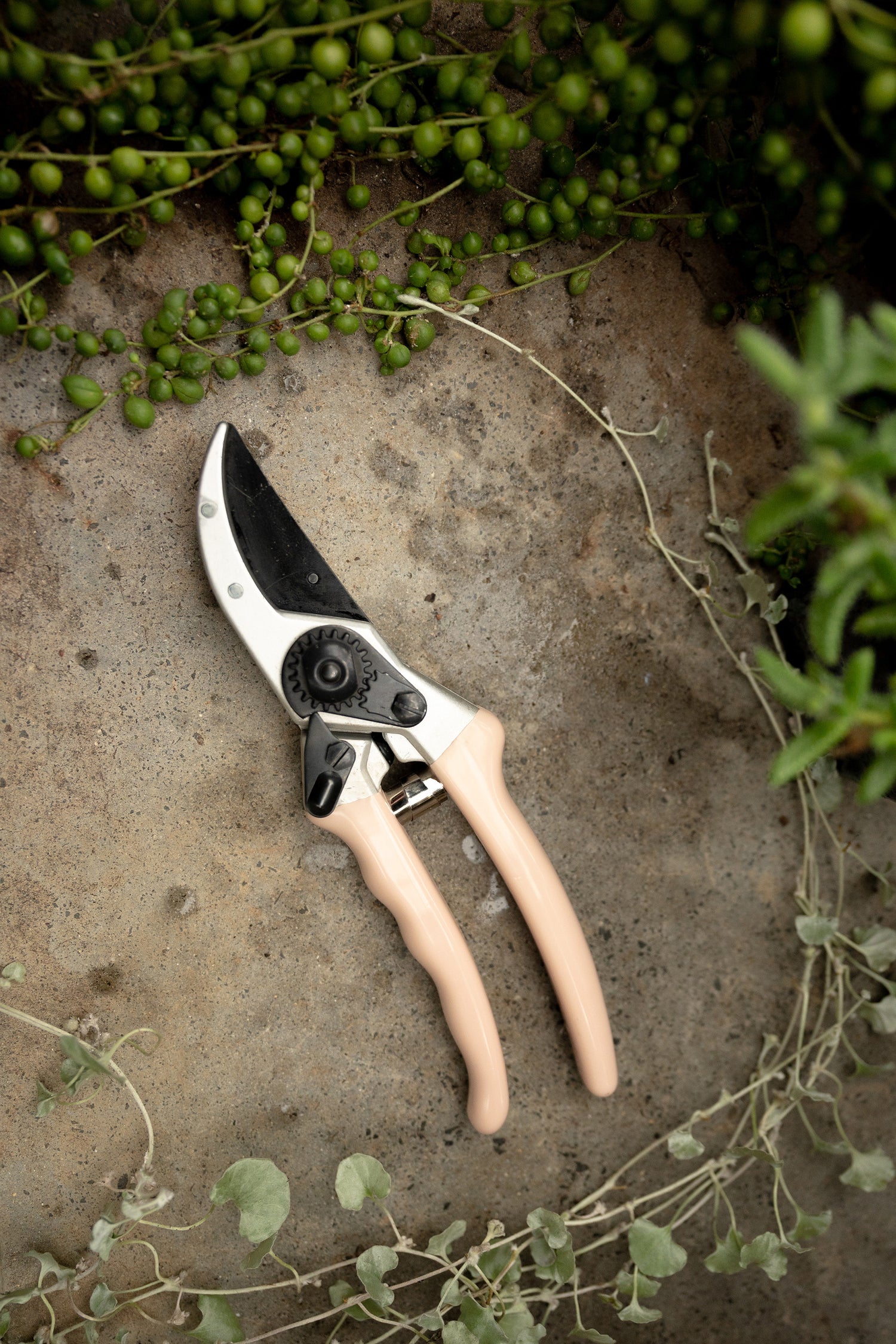Growing food at home is a fantastic way to start building a more sustainable life and take back your food security. Growing food has so many fantastic health and wellbeing benefits for you and your family. By growing your own food you know exactly what you are eating without any unwanted chemicals. You could even save money by freshly picking what you need daily and reduce waste from vegetables going off at the bottom of your refrigerator. Fresh, healthy vegetables grown in nutrient-dense soil will provide you and your family with so many essential vitamins and minerals! Not only that but growing your own food brings joy and a sense of achievement too.
Here are my tips to start growing your own food and building a more sustainable lifestyle for you and your family.
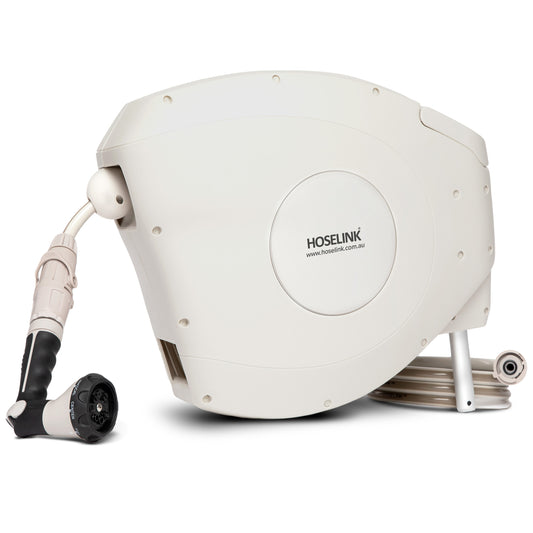
Classic 20m Retractable Hose Reel | Beige
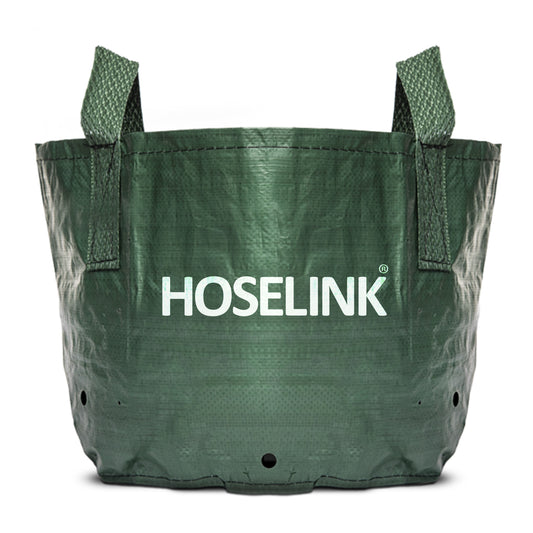
Heavy Duty Planter Bag
Create a kitchen garden

A Kitchen Garden is a great way to start growing food. Create a space somewhere convenient and close to your house/ kitchen to start growing herbs, chillis, salad greens, edible flowers, and garnishes to pick with ease while you are cooking a meal. If you are living in a rental house, apartment or unit, and a veggie patch is not an option, container gardening is a fantastic small space alternative. I have used recycled timber pallets to make my container gardens on wheels to utilise a sunny paved area close to my kitchen. Terracotta pots or Hoselink Planter Bags are also a fantastic cost-effective solution. You may be able to find second-hand planters or pots on places like Facebook Marketplace, Gumtree or your local buy, sell and swap group.
Growing food from scraps

Growing food from kitchen scraps is a lot of fun! There are many vegetables that you can regrow in jars of water on your windowsill, and then, once they have sprouted roots, you can plant them back out in the garden! Some great options include celery, bok choy, spring onions, onion, pineapple (pictured), leeks, sweet potato and lettuce. Just ensure you change the water regularly.
Start a veggie patch

Starting a veggie patch doesn't need to be a big daunting task. Keep it simple and start with something small and achievable. Pick a sunny spot somewhere not too far from your house. Keeping things close and convenient will mean you will be more likely to care for and utilise your garden and plants. Make sure you have close access to a hose or water for those dry, warmer months. A Retractable Hose Reel is a game-changer for this very reason! Grab some organic compost from your local plant or soil supply shop. I also like to mix in some organic composted sheep or cow manure, but this is totally up to you. Hoselink's Plant Heath Seaweed Tonic is a great way to keep your plants well-fed and thriving.
Choosing your plants is the most exciting part! When selecting plants or seeds to grow, it is essential to pick vegetables that you and your family like to eat. There's no use in growing bucket loads of kale if no one will eat it. Also, pick plants that grow well in your climate or chosen season. You can find this information on the back of the seed packet or the small info tabs on seedlings. This will also help you with spacing out your plants correctly.
Reduce and recycle

There are many ways you can reduce waste in your home and help your garden to thrive. A compost or worm farm system is a great way to use up any leftover veggies, cardboard, paper and leaves. This, in turn, will provide you with rich, healthy compost or fertiliser to feed your garden with. Coffee grinds and crushed eggshells can be reused to sprinkle around your seedlings and help naturally deter those pesky slugs and snails. Banana peels are high in potassium, which is excellent for fruiting trees. Simply place them under your fruit trees and cover with extra mulch or cut them up and place in a jar of water to start to break down. After a couple of days, you can dilute the mixture with more water and pour under your fruit trees. Empty toilet rolls can also be composted or turned into great little biodegradable seedling pots!
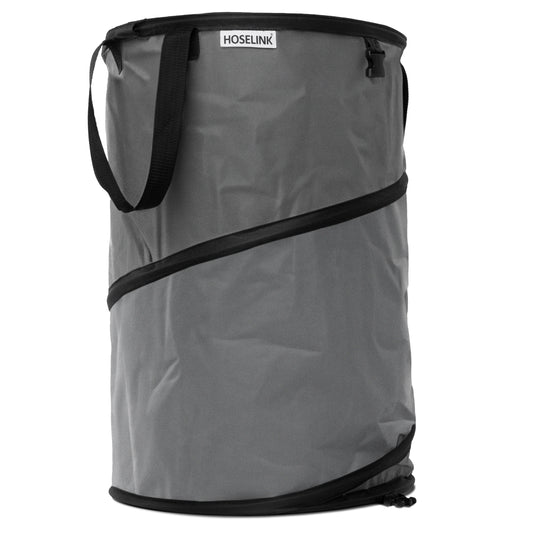
Pop-up Heavy Duty Garden Waste Bag
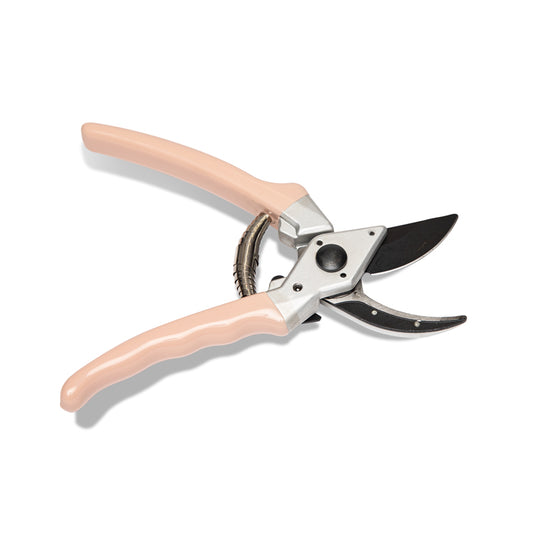
Secateurs 225mm | Peach
Preserve your harvest

If you find yourself with some excess produce, you can preserve your precious harvests and enjoy them for months to come. Freezing, pickling, bottling and preserving food will go a long way towards creating a more sustainable life for your family. Jams, chutneys, vegetable stock, pesto, chilli oil, dried herbs and sauces, the list goes on! You can even tie a ribbon around the jar or bottle and gift them to your friends and family. Growing your own food is so rewarding and being able to share your harvests will also inspire others to start growing their own too.

Secateurs 225mm | Peach

Secateurs 225mm | Peach
Start small and enjoy the journey. Happy growing!
Follow Sustainable Holly's tips for sustainable gardening and cooking practises on Instagram @sustainable_holly


